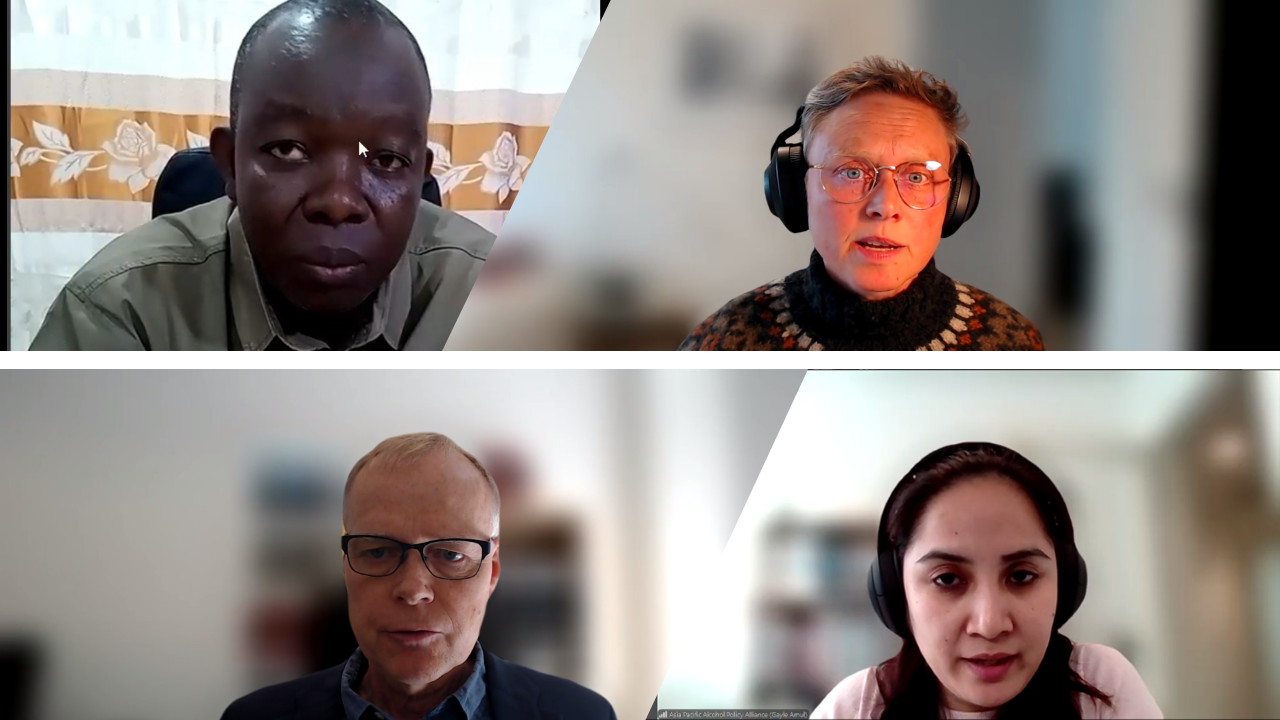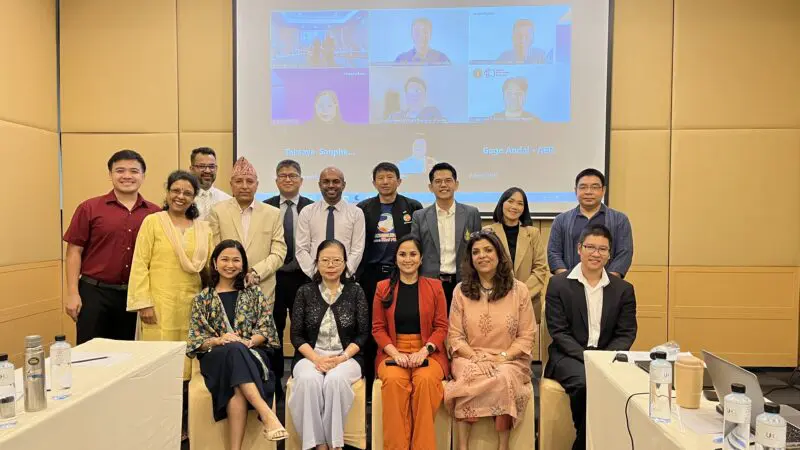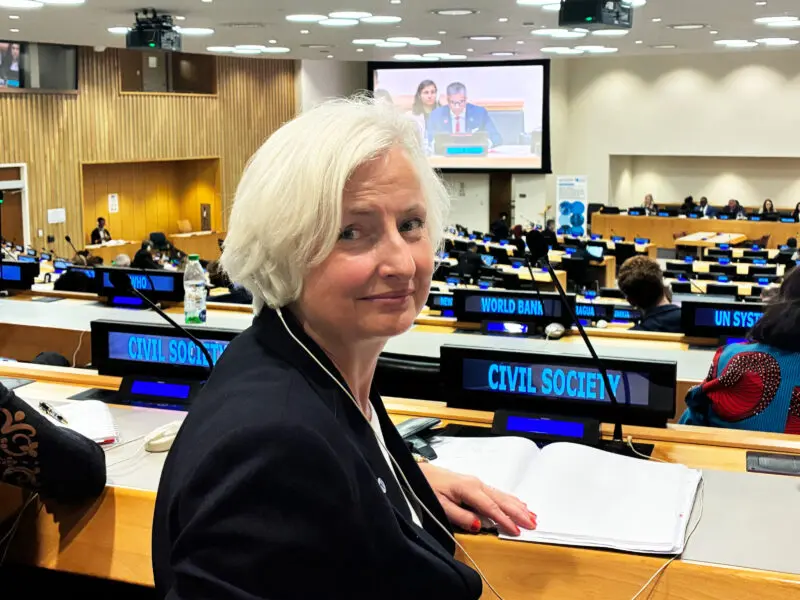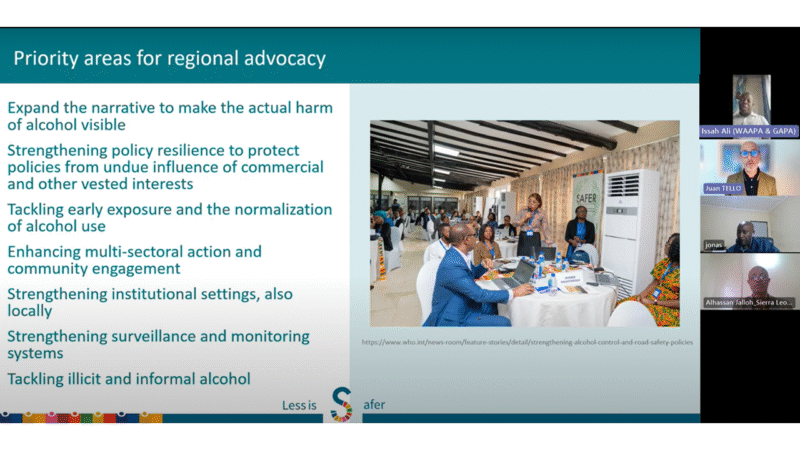The 5th WHO Forum on Alcohol, Drugs and Addictive Behaviours was held virtually from 24 to 26 June 2025. Organized by the WHO Alcohol, Drugs and Addictive Behaviours Unit, about 200 representatives from governments, intergovernmental organizations, non-governmental organizations, WHO Collaborating Centres, and research institutions participated from around the world.
FORUT participated with a team of three: Dr. Eva Braaten, Øystein Bakke and Dr. Gayle Amul. FORUT partner organisations participating were the West African Alcohol Policy Alliance (WAAPA), represented by Mr Issah Ali, and the Global Alcohol Policy Alliance GAPA) represented by Professor Sally Caswell and Øystein Bakke.
The three days were fully packed with global updates on alcohol-, drugs-, gambling- and gaming-related topics covering the continuum from prevention through treatment to recovery. On 26 June, the forum was also briefed on the launch of the World Drug Report 2025.
Looking back at the three days, what stands out for me is the competent and dedicated staff at WHO that currently are working within severe constraints due to the insecure funding situation, says Dr Braaten. Additionally, positive statistics were presented, showing that the number of countries with written alcohol policies is on the rise.
In FORUT, we are working daily to have that number continue to rise from the current about 60%. That said, we need to make sure that the policies are not only adopted, but that they include the most effective policy options to prevent and reduce alcohol harm, Braaten continues.
Statements
During the forum, participants were invited to make statements, and FORUT’s statement for the opening session, delivered by Dr Braaten, emphasised that alcohol is a major risk factor globally for health, violence, accidents, and human development in general. She highlighted that low- and middle-income countries often have weaker welfare systems and fewer effective preventive policies in place, and higher harm per litre of alcohol consumed than in high-income countries. She also warned that the Global South represent large profit opportunities for alcohol companies that deploy a range of strategies to prevent regulation that will impact their profits.
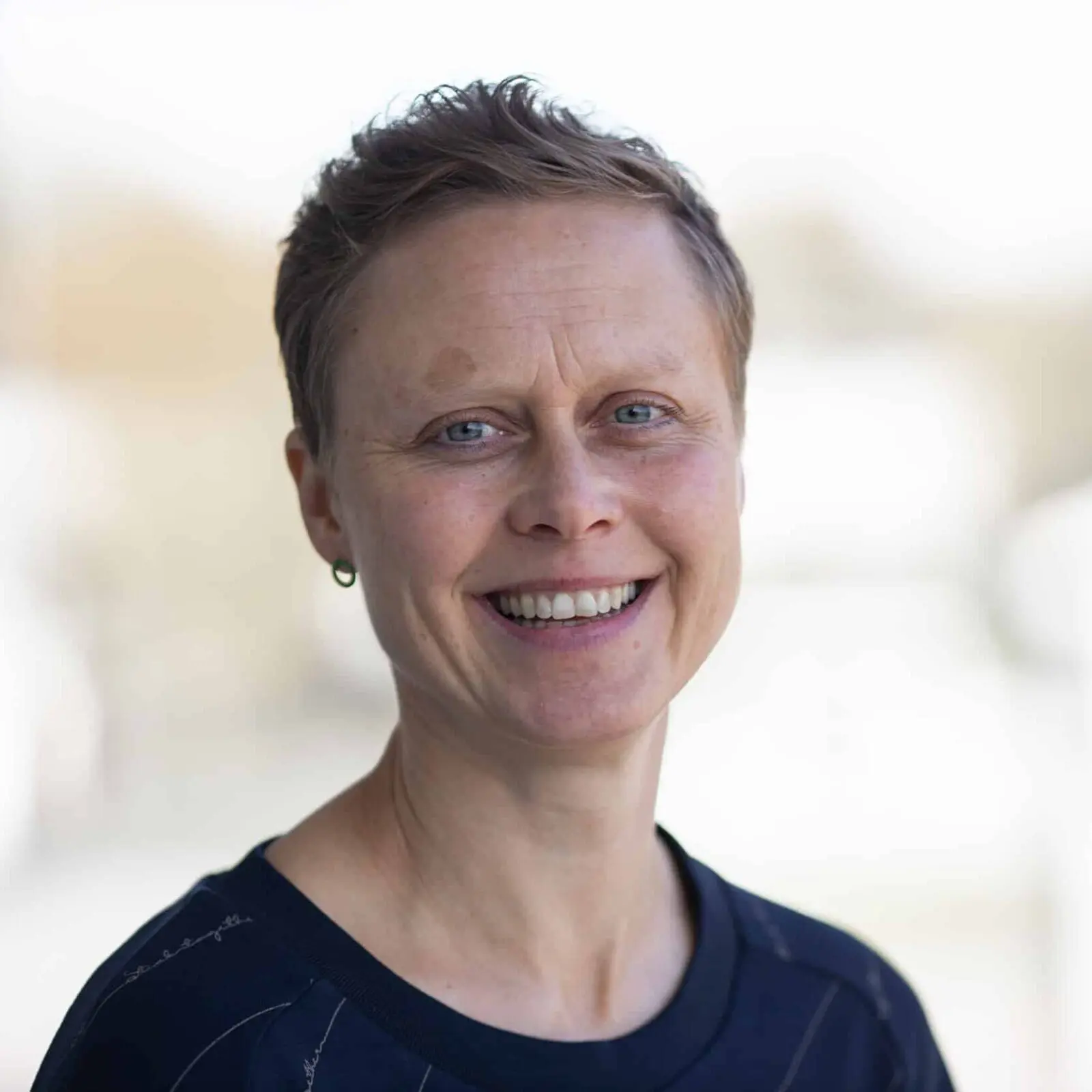
On a positive note, Dr Braaten highlighted the existence of strong civil society advocates working alongside dedicated governments to implement public health-guided alcohol policies, as demonstrated by recent developments in alcohol policy in Sierra Leone and Liberia in the West African region. FORUT also called for the Member States to implement cost-effective alcohol policy measures and to give more space to knowledgeable civil society advocates. She also pointed out that WHO Member States should address the conflict of interest in alcohol policy processes, meaning, for instance, that alcohol companies should not have a seat at the table when public health policies are made.
Øystein Bakke, in his capacity as the Secretary of the GAPA, highlighted how the SAFER initiative, of which GAPA is a partner, called for the strengthened implementation of the Global Alcohol Action Plan. He warned about the alcohol industry’s efforts to influence the outcome document from the High-Level Meeting on NCDs in line with their profit motives rather than public health. He also shared the announcement of the Global Alcohol Policy Conference, which will be held in Brazil in April 2026. He invited policy makers, researchers and civil society organizations to meet face-to-face and focus on alcohol policy development and advocacy for such policies away from vested interests and the need for international collaboration to reduce the harm caused by alcohol.
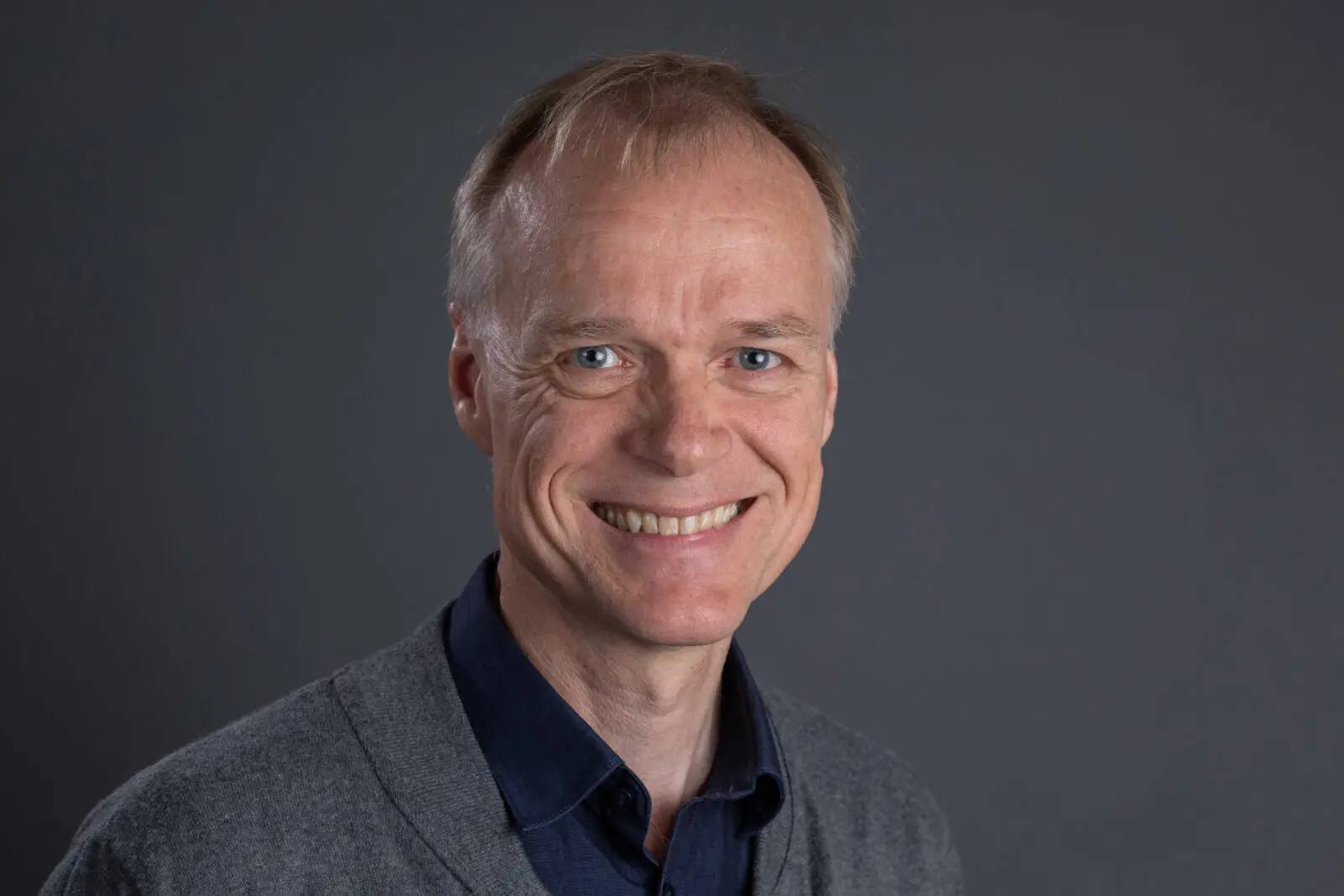
Mr Issah Ali from the West African Alcohol Policy Alliance (WAAPA) called for stronger support to low- and middle-income countries in the African region to implement the SAFER policy package.
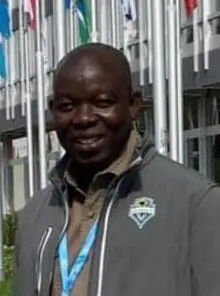
Mr Ali also shared some of the progress in the West Africa region, notably:
- In Liberia and Sierra Leone, national alcohol policies have been developed and being implemented, with current focuses towards legislative development.
- In The Gambia, we are supporting the Alcohol Policy Alliance Gambia in its work with the Ministry of Health towards the adoption of a validated national alcohol policy.
- In Ghana, efforts are focused on supporting the Ministry of Health in progressing towards presenting draft legislation to Parliament for adoption.
- In Nigeria, we are working to protect the alcohol policy-making space from the influence of the alcohol industry and its affiliates.
- In Benin, Senegal and Burkina Faso, WAAPA is supporting the development of new comprehensive national alcohol policies through its national alcohol policy alliances.
Dr. Gayle Amul, in addition to working for FORUT, also serves as Secretary of the Asia Pacific Alcohol Policy Alliance. She addressed the forum on behalf of the Asia Pacific Alcohol Policy Alliance (APAPA). She highlighted recent research from the Asia Pacific which has shown that the alcohol industry is an active, strategic power working to weaken, delay, and derail effective alcohol policies. She emphasized how the alcohol industry funds front groups, distort science, and infiltrate policy spaces to protect their profits.
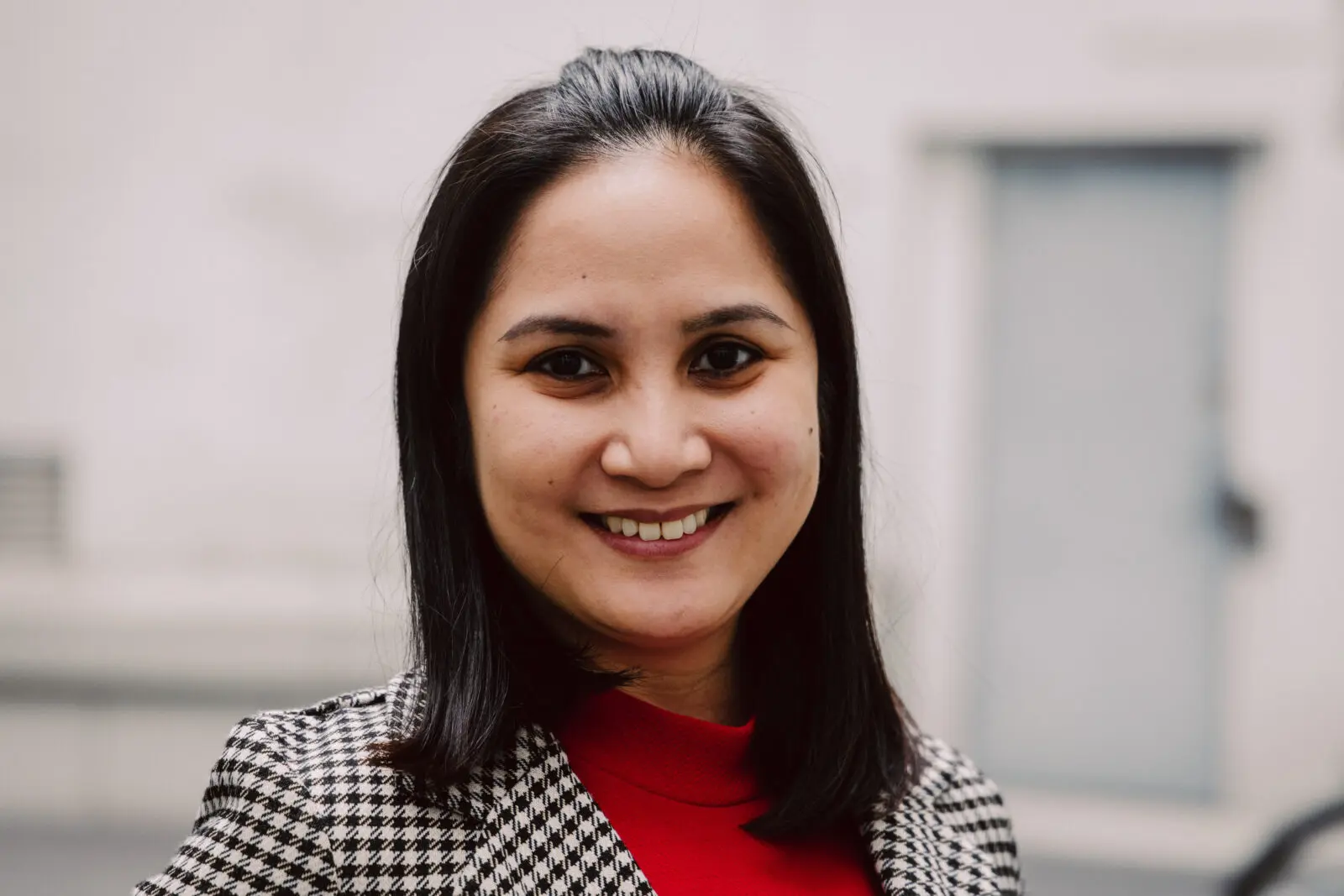
She noted that even without funding, APAPA continues to monitor the alcohol industry’s activities in the region. She flagged the watered-down regulations, stalled reforms, and governments forced to negotiate public health with alcohol companies in the Philippines, Cambodia, Thailand, New Zealand, and Australia. APAPA called for stronger support for governments to implement the Global Alcohol Action Plan, especially the SAFER policy package, and for an international, legally binding and evidence-based framework for alcohol control to protect alcohol policies from the alcohol industry.
Solidarity is a practice, not just a principle
The very last session of the forum was dedicated to the challenge of funding of global alcohol, drugs and mental health initiatives. As part of this session, Torgeir Vasaasen, the Head of Global Health section at the The Norwegian Agency for Development Cooperation shared a continued Norwegian government commitment to support global health efforts that are data-driven, equity-focused and aligned with national priorities. He particularly mentioned the WHO SAFER initiative and the work of FORUT in Nepal on mental health and integrated care.
Dr Eva Braaten and Dr Gayle Amul contributed to the writing of this article.



